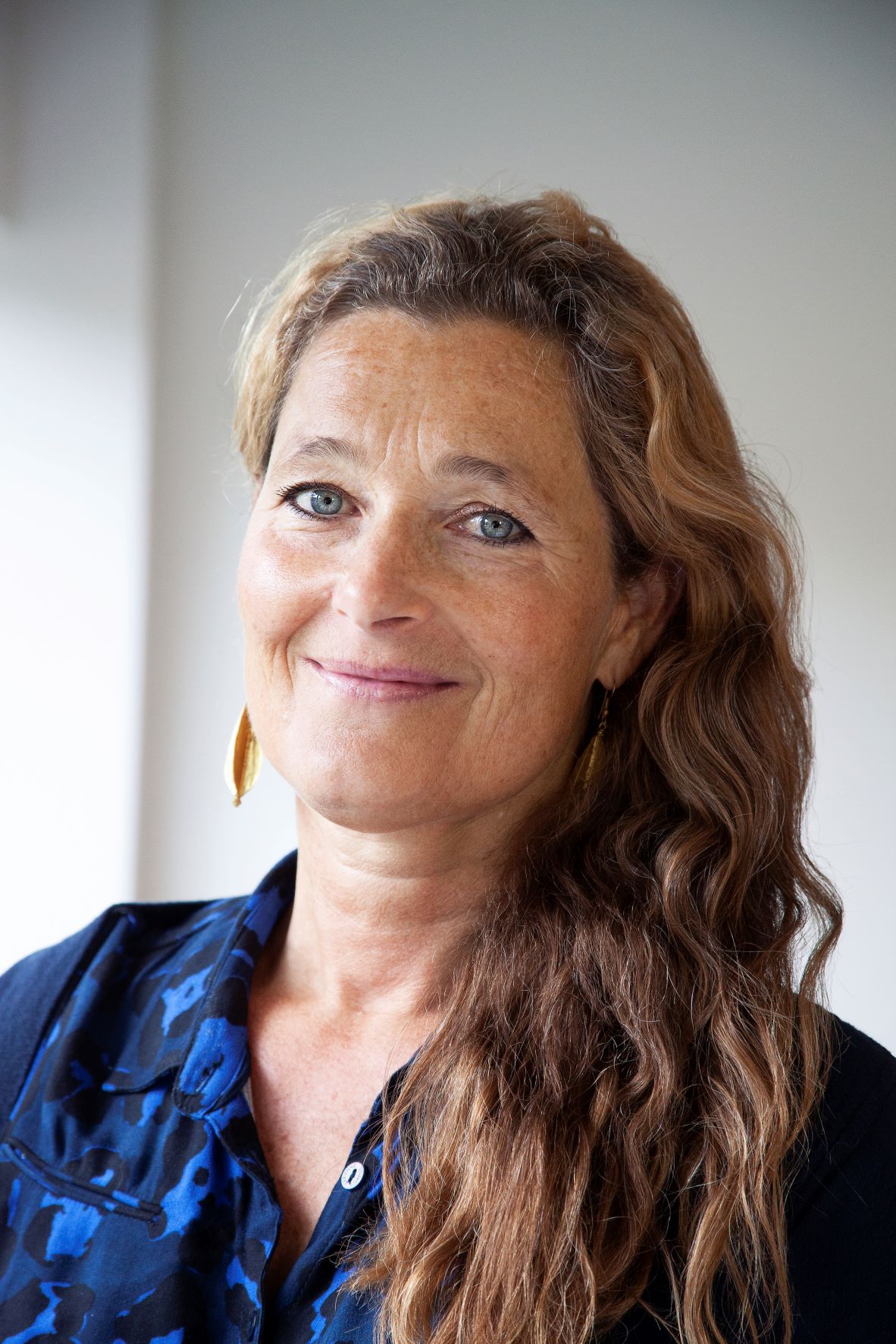- Home
- Nyenrode Fund
- Research
- Nature reserves as legal entities
Nature reserves as legal entities
Rights of Nature is an innovative legal approach to protecting nature reserves around the world. What are the success factors for the Rights of Nature approach in different legal settings? Are experts and the population living near nature reserves sufficiently involved in this process? How does it help with decision-making? Prof. Tineke Lambooy helps to find answers to these questions.
Nyenrode Professor of Business Law Tineke Lambooy has been in the news a lot lately: would it help if the Wadden Sea was an independent legal entity, with its own independent management and budget? Would that contribute to the protection of the reserve’s ecological value? Now, she and her team aim to investigate the success factors for this Rights of Nature approach; the global effort to grant legal entity status to nature reserves. Your financial support to appoint a PhD student would be a big help.
Why this research is important
“When we make legal entities for nature reserves, we can find a much better balance between ecology and economics. We can protect so much nature, and that is desperately needed today.”
Prof. Mr. Dr. Tineke Lambooy
Professor of Business Law

Five questions for Tineke Lambooy
1. Granting legal entity status to a nature reserve: how does that help?
“In practice, we have observed that the management and administration of a nature reserve is often extremely fragmented. Take the Wadden Sea, for example. It falls under the responsibility of government ministries, provinces, municipalities, Rijkswaterstaat, the RIVM, the Deltacommissie, etcetera. They make economic decisions and decide about infrastructure, but nobody is responsible for the ecological interest of the reserve as a whole.
"Better decision-making is something that we at Nyenrode are eager to facilitate, especially in this reserve."
If you create an entity that can do that, you get completely different decisions, with a better balance between economics and ecology. This innovative legal approach is referred to as ‘Rights of Nature’. Better decision-making is something that we at Nyenrode are eager to facilitate, especially in this reserve.”
2. What do we already know about the effectiveness of this approach?
“We have identified around 400 initiatives around the world that apply the Rights of Nature principle. We know that two thirds of them could be considered as successful initiatives, which have led to improved legal protection of a nature reserve and its ecological value. That is exceptional when you consider that they came about in very different legal contexts, from Canada to Bangladesh and from India to Spain.
Nevertheless, the first question we hear from policymakers and decision-makers is: how effective is this approach in reality? How can we quantify it? So that is precisely what we aim to do in this research program.”
3. How will the research be conducted?
“We want to develop a method to measure the effectiveness of the Rights of Nature approach in different legal contexts. We aim to answer this challenging research question in an international partnership.
"Has the Rights of Nature approach resulted in better protection of the ecological value of the reserve people wanted to protect?"
Two issues are important in this effort: has the Rights of Nature approach resulted in better protection of the ecological value of the reserve people wanted to protect? And: are ecological experts and local residents effectively involved in the decision-making process for the protection of the ecological value? On the one hand, this will be a purely legal study, but we also want to conduct qualitative research into these processes.”
4. This isn’t research that you would usually expect from Nyenrode.
“Maybe that’s precisely why it belongs at Nyenrode. We like to embrace the unexpected here. But I think that improving decision-making processes like the ones described above is a perfect fit for Nyenrode. We can also facilitate governments, nature preservation organizations, but also ordinary citizens in taking on a leadership role.
"It is also responsible for a business university to look at protecting an ecological value, especially from a legal perspective."
In a time when economic value is no longer the main drive, I think it is also responsible for a business university to look at protecting an ecological value, especially from a legal perspective.”
5. That also sounds like a personal mission.
“To me, this research combines my academic duties and my personal motivations in the area of nature preservation. After all, what would the Netherlands be without the Wadden Sea? With a Rights of Nature approach, we could make a real difference. With this research program, we at Nyenrode and the Netherlands in general could be true pioneers. We also owe it to the next generation, including our students.”
Support our research for a sustainable world
Would you like to join us in contributing to a sustainable world? Donate to Stichting Nyenrode Fonds (Nyenrode Fund), so that we may continue to finance studies like these. We are a private university, and do not receive funding from the government. We depend entirely on private donations from our community.
With your support, we can appoint a young academic professional to conduct this research. By supporting us, you can offer young talent the chance to take the next step in their academic career.
Contact

About the researcher
Prof. Tineke Lambooy has served as Professor of Business Law at Nyenrode Business University since 2015, and has worked at Nyenrode as a researcher and associate professor since 2007. She is affiliated with the Nyenrode Faculty Expertise Centre Entrepreneurship, Governance & Stewardship.
At Nyenrode, Lambooy leads the civil law education program, especially Business Law; Mergers and Acquisitions; Enterprise and Law; International and European Law; and Principles of Law. She also developed the course Circular Economy and Sustainable Development for the full-time MBA program.


